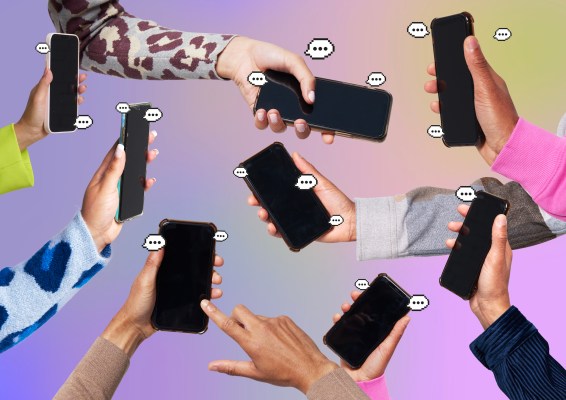
Conversations about what the future of social networks may appear like have actually ended up being significantly typical over the in 2015. Elon Musk’s acquisition– and gutting– of Twitter, a multitude of brand-new social networks start-ups, and Meta’s launch of Threads have actually made it clear that the next 5 years will not appear like the last.
However nobody really understands what social networks will appear like 5 years from now. Numerous start-ups like Mastodon, Bluesky, Spill, and big tradition gamers like Meta appear to believe that there will be a brand-new catch-all platform that will catch individuals’s attention in the manner in which Facebook and twitter did– and are developing to that end. However will everybody just relocate to a platform just various in name to continue the exact same cycle? I’m not so sure.
At TechCrunch’s Disrupt conference a couple of weeks back, I overtook a financier who concentrates on social networks start-ups. We got to discussing what interested them most, and they stated they were more delighted by specific niche, verticalized entities that targeted a particular market or a pastime than by start-ups aiming to develop big platforms. They believe a platform with a tighter focus will have more possible due to the fact that it enables strong neighborhoods to be developed.
Lex, a social app focused on the LGBTQIA+ neighborhoods, looks like an ideal example of this. The start-up simply raised a $5.6 million seed round and wants to serve as a digitized variation of classic lesbian personals, my associate Harri Weber composed Lex enables its users to discover buddies, roomies or occasions, all rooted in the queer area.
” At 3 years of ages, Lex does not appear like the next Reddit, Tinder or Twitter, although its scope grows as more folks openly recognize as LGBTQIA+,” she composed.
Start-ups like Lex make a great deal of sense. If you are signing up with big social platforms like Threads or Twitter to discover a particular neighborhood, it’s certainly a lot much easier to simply sign up with a platform that is currently concentrated on and curating material for that neighborhood or interest. Why would somebody from a marginalized group scroll through unimportant material, hate and bots to discover their neighborhood when there’s currently a devoted area in other places?